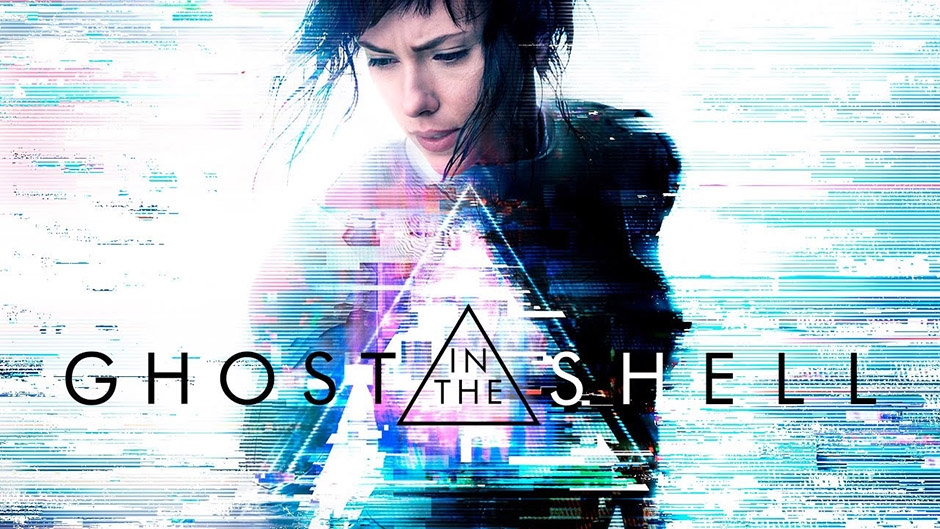

The original manga of the same name ran from 1989 and got an anime adaptation in 1995. The Japanese dub of the live-action adaptation will include the actors from the original anime, including Atsuko Tanaka reprising the role of Major.
By Liyang Wan | Staff Writer
What is human nature? What is the most important thing for us? The desire for power, money, lust and other needs are always attached to the flesh, to our body. When your body is gone, what is left among things that belong to you? What would you care about? Love? Would love still exist without body? The newly released science-fiction movie, “Ghost in the Shell,” raises philosophical questions about human perception and existence.
The setting of this film is a country where the difference between humans and robots is no longer distinct thanks to revolutionary cybernetic enhancements. The story follows Major (Scarlett Johanson), a woman who has had her brain placed in a cyborg body and turned into the perfect soldier for the organization that created her. However, questions soon arise about the Major’s past and the accident that supposedly placed her in her new body.
“Ghost in the Shell,” as a film adaptation, is quite good. It does not completely copy the original source. However, it is difficult to understand the theme of this movie by its narrative alone, which may prevent many viewers from comprehending the deeper connotations that director Rupert Sanders wants to express.
Major is the first of her kind. The story follows how Major executes her mission to arrest the world’s most dangerous criminal, Kuze (Michael Pitt). When Kuze learns how to hack into individuals’ minds and control them, Major seems to be the most qualified soldiers to stop him. As she prepares to kill her enemy, Kuze tells Major that her life was stolen instead of saved. From that moment, Major falls into a struggle with her past. She desires to find out the truth and to punish the one who did this to her.
Sanders attempts to use Major’s questioning as a way for us to rethink the meaning of human perception and existence. The film uses the term “ghost” in reference to the personality, while “shell” refers to the body they inhabit. If cyborg bodies are a common thing, a ghost can move across multiple shells. This would raise several questions about the nature of life and eternal life. Major wonders if she still counts as a human being. If the soul must be attached to the body, no one can prove that the “ghost” is not the product of a program.
Despite the problems in the film’s narrative, the computer-generated imagery in “Ghost in the Shell” is amazing. In order to give audiences more eye candy, Sanders replicates many scenes from the source material. The film also shows that the future world is not full of cold science and technology but vivid and fresh society.
However, Sanders isn’t just showing off fancy tech as he tries to discuss the importance of existence and being human. He perfectly shows us the “shell” of this movie, which is the visual technology, but he lost the “ghost,” the deeper meaning and theme of this movie. If he thought changing the unique, cyberpunk trappings of “Ghost in the Shell” to strong visual effects with only superficial meaning would be enough, then he was sorely mistaken.




